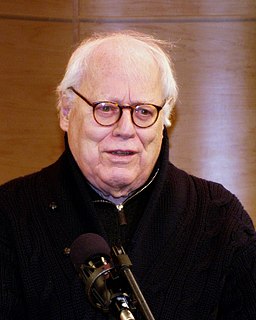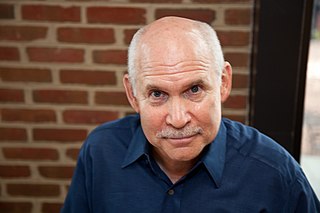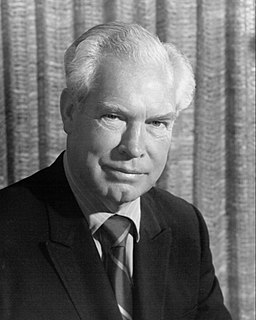A Quote by Vitruvius
The lanes and streets of the city being set out, the choice of sites for the convenience and use of the state remains to be decided on; for sacred edifices, for the forum, and for other public buildings.
Related Quotes
Wherever the title of streets and parks may rest, they have immemorially been held in trust for the use of the public and, time out of mind, have been used for purposes of assembly... and discussing public question. Such use of the streets and public places has, from ancient times, been a part of the privileges, immunities, rights, liberties of citizens. The privilege of a citizen of the United States to use the streets and parks for communication of views on national questions may be regulated in the interest of all... but it must not, in the guise of regulation, be abridged or denied.
Sir, if you wish to have a just notion of the magnitude of this city, you must not be satisfied with seeing its great streets and squares, but must survey the innumerable little lanes and courts. It is not in the showy evolutions of buildings, but in the multiplicity of human habitations which are crowded together, that the wonderful immensity of London consists.
If you have an internet service provider that's capable of slowing down other sites, or putting other sites out of business, or favoring their own friends and affiliates and customers who can pay for fast lanes, that's a horrible infringement on free speech. It's censorship by media monopolies. It's tragic: here we have a technology, the internet, that's capable really of being the town square of democracy, paved with broadband bricks, and we are letting it be taken over by a few gatekeepers. This is a first amendment issue; it's free speech versus corporate censorship.
Cities need old buildings so badly it is probably impossible for vigorous streets and districts to grow without them.... for really new ideas of any kind--no matter how ultimately profitable or otherwise successful some of them might prove to be--there is no leeway for such chancy trial, error and experimentation in the high-overhead economy of new construction. Old ideas can sometimes use new buildings. New ideas must use old buildings.
In India in particular, where millions have no home but the streets, virtually every life event is carried out in public: prayer, eating, sleeping, nursing, crude dentistry, even bodily functions. In the secular West, where nothing is sacred, everything seems hidden; yet in Asia, where nothing is hidden, everything is sacred.
I have the same sense of discovery and exhilaration from objects of design and everyday use - I am inspired by the buildings in my city, by park greenery and dazzling store windows, by the jaunty strollers and umbrellas and billboards I walk past. Just strolling our streets, we encounter creativity every single day.
All buildings, large or small, public or private, have a public face, a facade; they therefore, without exception, have a positive or negative effect on the quality of the public realm, enriching or impoverishing it in a lasting and radical manner. The architecture of the city and public space is a matter of common concern to the same degree as laws and language—they are the foundation of civility and civilisation.
I wander though China. Without ever having boarded a plane. My travels take place here in the Tokoyo subways, in the backseat of a taxi... all of a sudden this city will start to go. In a flash, the buildings will crumble. Over the Tokyo streets will fall my China, like ash, leaching into everything it touches. Slowly, gradually, until nothing remains. No, this isn't a place for me.



































